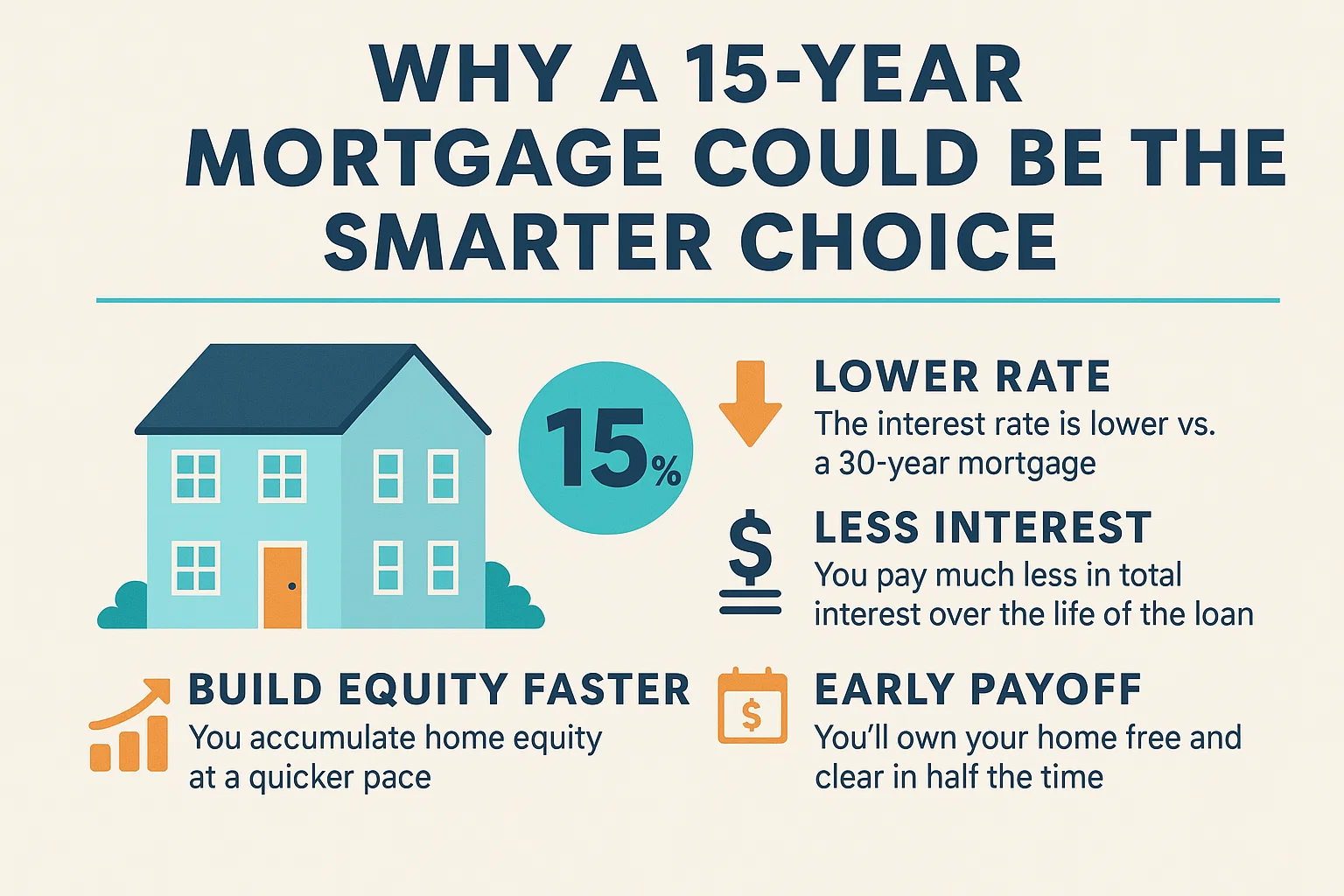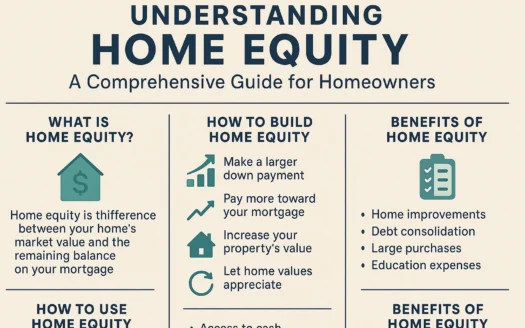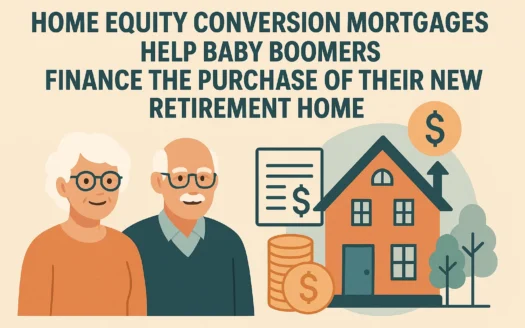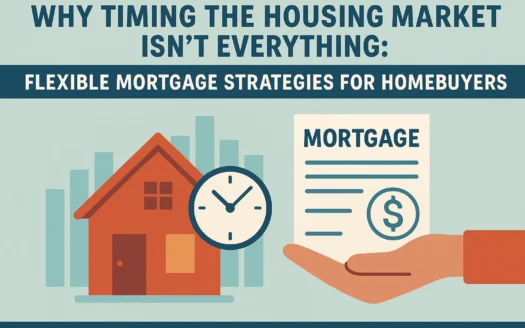Why a 15-Year Mortgage Could Be the Smarter Choice
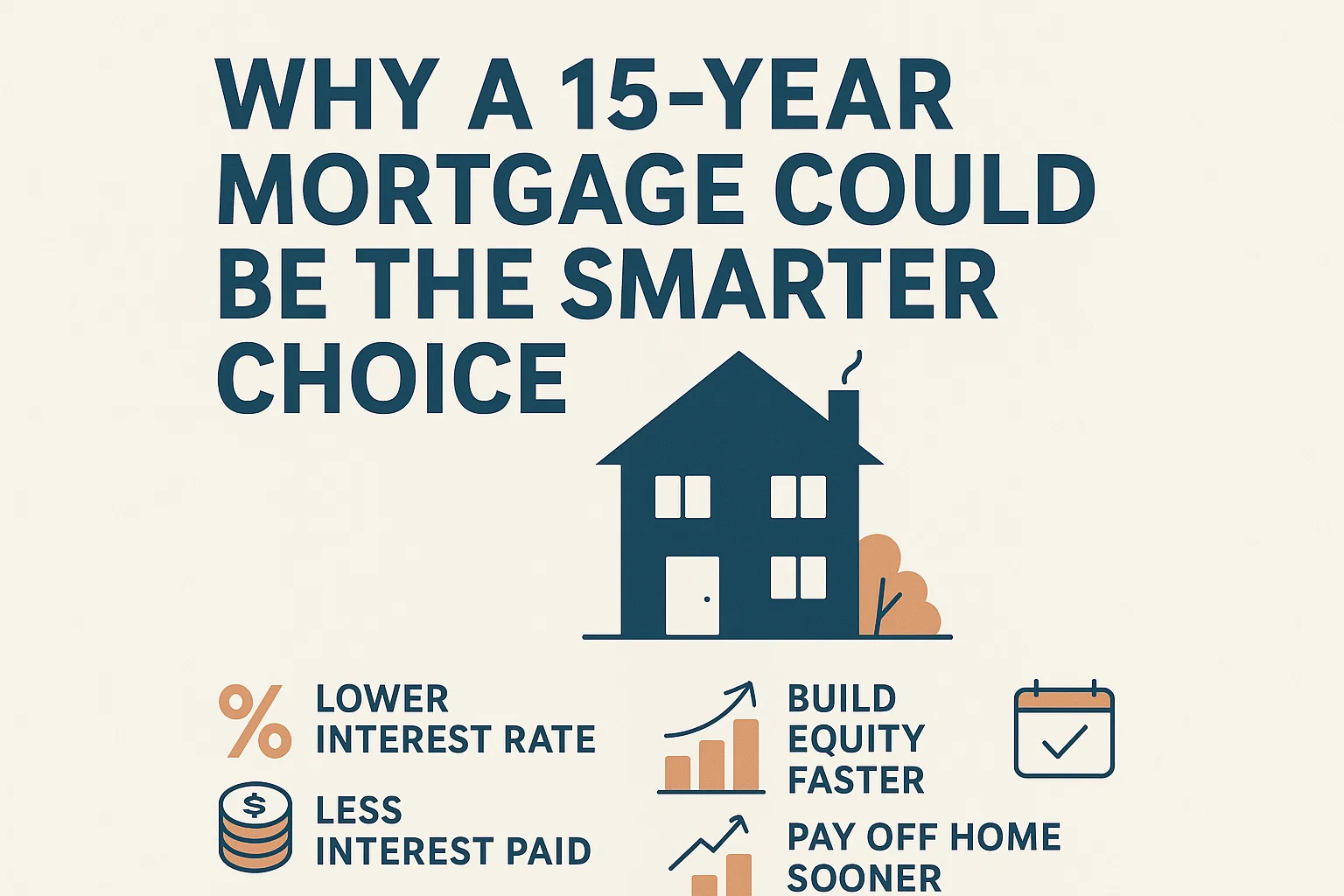
Why a 15-Year Mortgage Could Be the Smarter Choice
If you’re in the process of buying your new home, you are probably facing many decisions, including your mortgage options. Many homeowners opt for a 30-year mortgage because it offers the lowest monthly payments, but is it the best long-term choice? Here’s why you should consider a 15-year mortgage instead.
Save More Money
Taking out a 15-year mortgage dramatically cuts your home-loan repayment time. The faster you repay the loan, the less interest you pay, potentially saving you tens of thousands of dollars over the life of the loan. Additionally, a 15-year mortgage typically comes with a lower interest rate compared to longer-term loans.
Curious how much you could save? Use a mortgage calculator to compare payments, interest rates, and total costs between a 15-year and 30-year mortgage. Seeing the numbers side by side might motivate you to choose the shorter term.
Build More Equity
When you repay your mortgage faster, you build equity in your home more quickly. Combining a shorter mortgage term with rising home prices can significantly increase your equity. This can be especially beneficial if you plan to refinance later.
Since you pay down the principal faster with a 15-year mortgage, your loan-to-value ratio improves sooner, reducing risk for lenders and opening up more financial opportunities.
Reduce Pressure on Your Retirement Budget
A 15-year mortgage can be a smart move if you plan to retire in the next 10 to 20 years. Many people downsize before retirement, which often means buying a new home.
By choosing a 15-year mortgage, you can take advantage of your stronger earning years to handle higher monthly payments and pay off the loan before retiring. This means you won’t have to withdraw as much from savings to cover housing costs in retirement.
If you’re financially able to handle the higher monthly payments, a 15-year mortgage could be a wise long-term investment, helping you save money, build equity faster, and ease financial stress in retirement.
